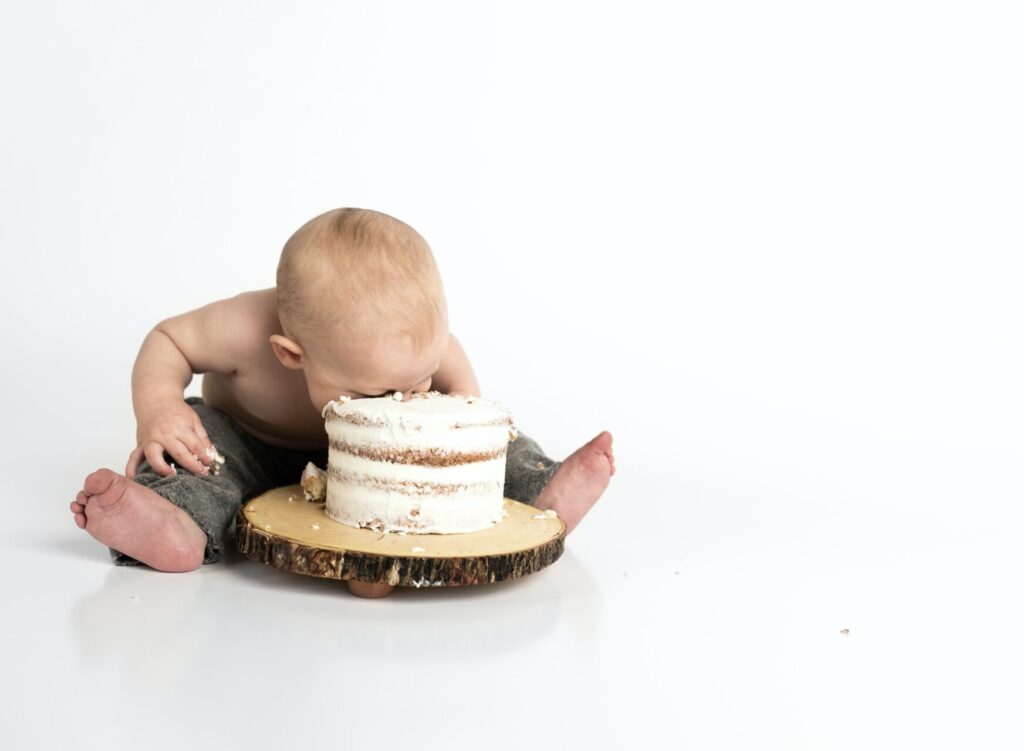
Understanding GREEN Poop in Children
When it comes to parenting, there's rarely a dull moment, especially when it comes to baby poop. It's not uncommon to encounter a surprising range of colours, textures, and smells. Amidst the sea of yellow and brown, you might encounter a peculiar shade: green poop. While it can be concerning at first, understanding the reasons behind this vibrant change can ease your worries as most of the time, it's nothing to fret about. Let's explore the possible reasons behind green poop and when it might be time to seek medical advice.
If you've a newborn baby, head over to this article first: Decoding Newborn Baby Poop
Why is your baby’s poop green?
1. Diet Matters: One of the primary culprits for green poop in babies is their diet. If your little one is exclusively breastfed or formula fed, their poop will generally have a mustard-yellow color but can be green. Yep, green can be totally normal. This often happens in mum’s with a generous breastmilk supply or when changing formula brands. Usually this is transient and nothing to worry about. In older children who are eating solids what they eat, especially green vegetables, can make their poop green too. So, don't be alarmed if your baby's poop takes on a greenish tint after a nutritious meal. Or a less nutritious meal, like cake with food colouring!
2. Digestive Speed Bumps: Sometimes, green poop can be a result of a faster transit time through the digestive system. When food moves quickly through the intestines, bile (a substance produced by the liver and gallbladder to aid digestion) may not have enough time to break down completely, resulting in greenish stool. This is only a part of the puzzle and in an otherwise growing and thriving bub, it’s usually nothing to worry about.
3. Viral Villains: Occasionally, viral infections can lead to green poop. These infections can disrupt the normal digestive process, causing changes in stool colour. However, if your baby exhibits other concerning symptoms like fever, vomiting, or dehydration, it's best to consult a healthcare professional.
4. Teething: Although I find that teething usually causes loose, mucousy or frothy poop, green is possible too.
Now, let's address the crucial question:
When should you worry about your baby’s green poop?
While green poop is often normal, there are certain instances when it may indicate an underlying issue. Contact your healthcare provider if you notice:
Persistent Green Poop: If your baby consistently produces green poop for an extended period, it's a good idea to consult your pediatrician. They can evaluate any underlying issues that might be causing the unusual color.
Blood or excessive mucous in Stool: If you notice greenish poop with streaks or specks of blood or what looks like snot, it's essential to seek medical attention. Blood in the stool can indicate an infection, allergy, or other gastrointestinal problems that may require immediate evaluation.
Unsettled Symptoms: Should your baby have a fever, diarrhea, show signs of distress or not want to feed, it's crucial to consult a healthcare professional. These symptoms could point to an underlying condition that needs attention.
Remember, as a parent, you know your baby best. Trust your instincts and reach out to your healthcare provider if you have any concerns or doubts about your baby's health.
The Bottom Line:
As a parent, it's natural to worry about changes in your baby's health or poop. Thankfully, in most cases, green poop is nothing more than a harmless variation. By understanding the potential causes and knowing when to seek help, I hope you can navigate this colourful poop filled journey of parenthood with more confidence!
